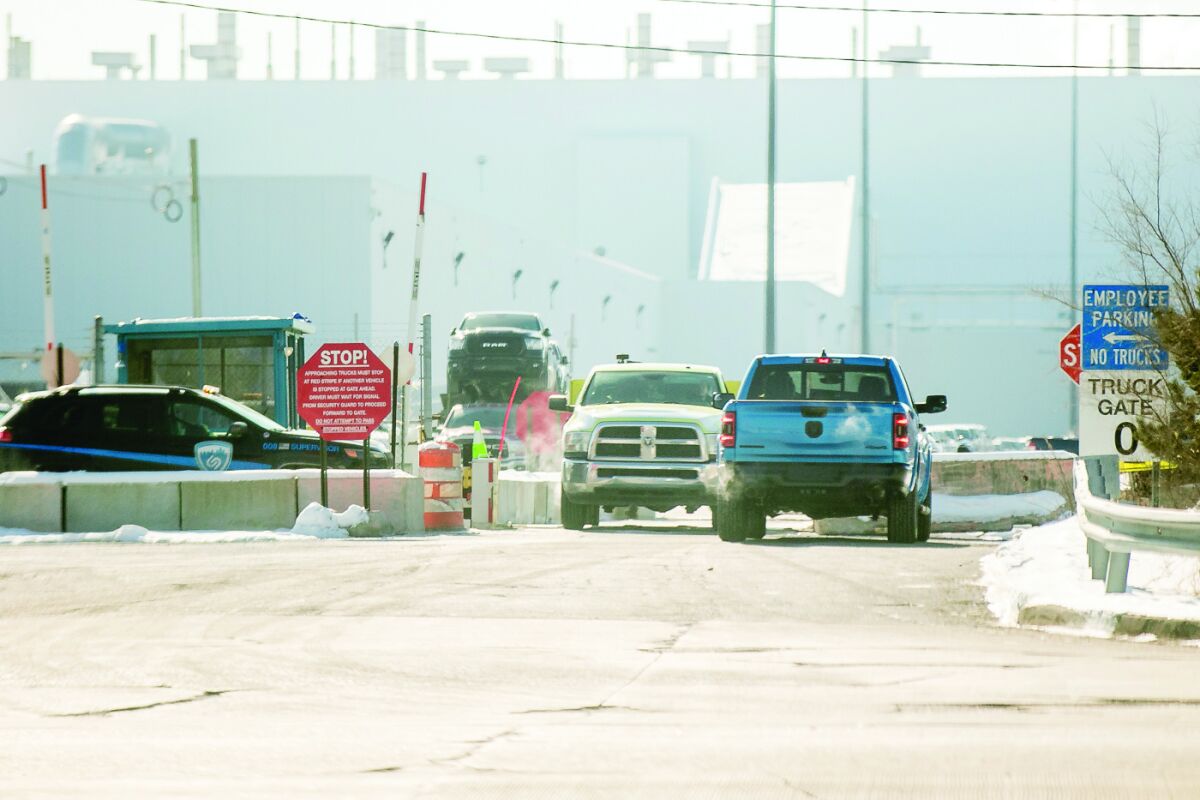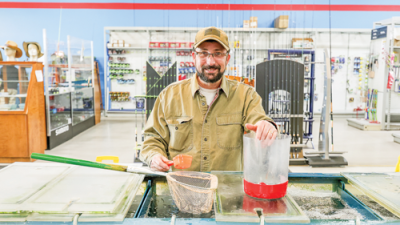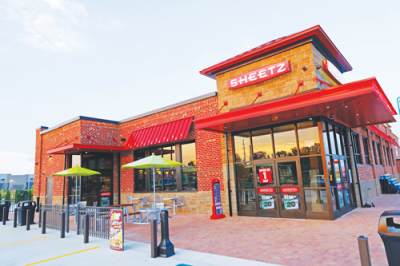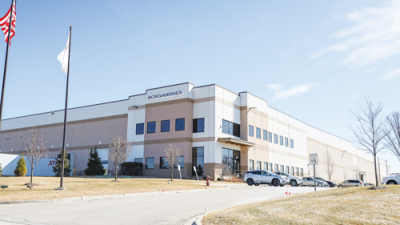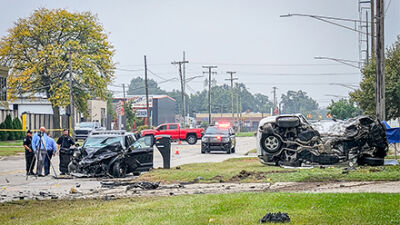The United Auto Workers’ strike spread further in Michigan on Monday when 6,800 employees at the Sterling Heights Assembly Plant walked out, shutting down production at what the union called “Stellantis’ largest plant and biggest moneymaker.”
The factory makes the best-selling Ram 1500 trucks.
Stellantis, the union said, “has the worst proposal on the table regarding wage progression, temporary worker pay and conversion to full-time, cost-of-living adjustments (COLA), and more.”
Stellantis has proposed 21.3% pay increases, compared to 23% for General Motors and Ford.
On Friday, UAW President Shawn Fain did not call a new strike target. During a Facebook live session, Fain criticized Ford, but said GM and Stellantis talks were moving forward. Stellantis agreed with Fain, later issuing a statement saying "negotiations between Stellantis and the UAW continue to be productive, building on the momentum from the past several weeks."
The walkout brings the total of UAW members on strike at the Detroit-area automakers — General Motors, Ford Motor Co. and Stellantis — to 40,000.
Tens of thousands of striking workers are at Michigan-based factories. The Sterling Heights Assembly Plant is the largest.
In an interview with the Sentry, Sterling Heights Mayor Michael Taylor called the latest strike news “disappointing” and “frustrating,” adding that “we hope there is a resolution to this very soon.”
While the strike had not impacted Sterling Heights up to this point, he described the role that the Sterling Heights Assembly Plant plays in the local economy, and the effect that striking SHAP workers could have.
“And the economic impact they have on the surrounding community is very large, over a billion dollars annually,” Taylor said. “I understand they’re fighting for fair wages. I call on the UAW and the Big 3 to get this resolved as soon as possible.”
Taylor also said city officials have spoken with Stellantis leadership as well as the local UAW president at SHAP. The mayor added that the city expects everything to be orderly and is making sure that everyone at the plant stays safe while the picketing takes place.
A later official statement from the city of Sterling Heights said the city is “proud to be home of the Ram 1500 and the facility in which this vehicle is produced.” The statement added that the plant is “one of the most technologically advanced assembly plants in the world,” in part because of the nearly $3 billion that has been invested into it since 2010.
“The city of Sterling Heights values the 6,500 men and women who build the Ram 1500 truck at SHAP,” the statement said.
“Considering the SHAP plant alone represents a roughly $1.6 billion economic impact to not only Sterling Heights, but the entire Detroit region, our hope is that an agreement is reached as soon as possible to return the facility to full production, in the best interest of all parties.”
During the afternoon of Oct. 23, Stellantis said in a press release that it is “outraged” over the strike’s expansion to SHAP.
“Last Thursday morning, Stellantis presented a new, improved offer to the UAW, including 23% wage increases over the life of the contract, nearly a 50% increase in our contributions to the retirement savings plan, and additional job security protections for our employees,” Stellantis said.
“Following multiple conversations that appeared to be productive, we left the bargaining table expecting a counter-proposal, but have been waiting for one ever since.”
Stellantis accused the UAW of harming the auto industry and the economy, and said there would be “long-lasting consequences” to any strategy of “wounding” the Detroit 3.
“With every decision to strike, the UAW sacrifices domestic market share to non-union competition,” Stellantis said. “These actions not only decrease our market share, but also impact our profitability and therefore, our ability to compete, invest and preserve the record profit sharing payments our employees have enjoyed over the past two years.”
Calls and emailed questions to UAW Local 1700 were not returned by the press time.
 Publication select ▼
Publication select ▼